Have you ever noticed your beloved cat suddenly choosing to nap in places far away from you, even after months of curling up right by your side? It can be a bit heartbreaking or even confusing for cat lovers, but there’s a fascinating reason behind this behavior. Cats, those enigmatic little companions, often change their sleeping habits in ways that might surprise you. When a cat starts seeking out more distant spots to snooze, it’s not a sign of rejection or loss of affection. In fact, it could be the greatest compliment your feline friend can give. Let’s unravel the emotional world of cats and discover why sleeping further away might mean your cat feels safer and more secure than ever before.
The Instincts Behind Feline Sleeping Habits

Cats are creatures driven by deep-rooted instincts, many of which come from their wild ancestors. In the wild, a cat’s sleeping spot could be the difference between safety and danger. They would often seek hidden, high, or distant places to rest, avoiding potential threats. Even in the comfort of our homes, these instincts remain strong. When your cat chooses a far-off spot, it might be tapping into that ancient behavior. Your home may feel so safe that your cat doesn’t need to stay close to you for security. Instead, it looks for places that satisfy its natural urge for variety and independence.
Trust and Emotional Security in Cats

A cat’s willingness to explore and sleep away from its owner can be a powerful sign of trust. When a new cat arrives in a household, it often sticks close to its human or hides under furniture until it feels safe. Over time, as it becomes comfortable and confident in its environment, it might start claiming more territory. Choosing to nap in distant rooms or on different floors is a sign that your cat feels emotionally secure. It trusts that its home is free from threats and that it can relax wherever it pleases without worry.
Independence: The Core of the Feline Psyche

Cats are famously independent animals. While they do form deep bonds with their humans, they also value their personal space. When your cat chooses to sleep further away, it’s exercising its independence. This doesn’t mean it loves you any less; instead, it’s a sign that it feels free to make its own choices. Much like a teenager who feels secure enough to spend time alone, a cat that naps away from you is simply spreading its wings in the comfort of home.
The Role of Territory in a Cat’s World

Territory is everything to a cat. In the wild, cats meticulously patrol and mark their land to feel safe and confident. In your home, sleeping in different places is a way for cats to claim and explore their territory. If your cat sleeps far from you, it might be expanding its sense of ownership over the house. As it becomes more comfortable, it will likely rotate sleeping spots, claiming every corner as its own.
Changing Preferences with Age and Experience

As cats grow older, their sleeping preferences can change. Kittens and newly adopted cats might stick close for reassurance, but confident adults may wander further. Experience also plays a role; a cat that has had time to learn the sounds, smells, and routines of its home may feel bolder. This increased comfort can lead to sleeping in places that once seemed too exposed or far away.
Environmental Factors That Influence Sleeping Spots
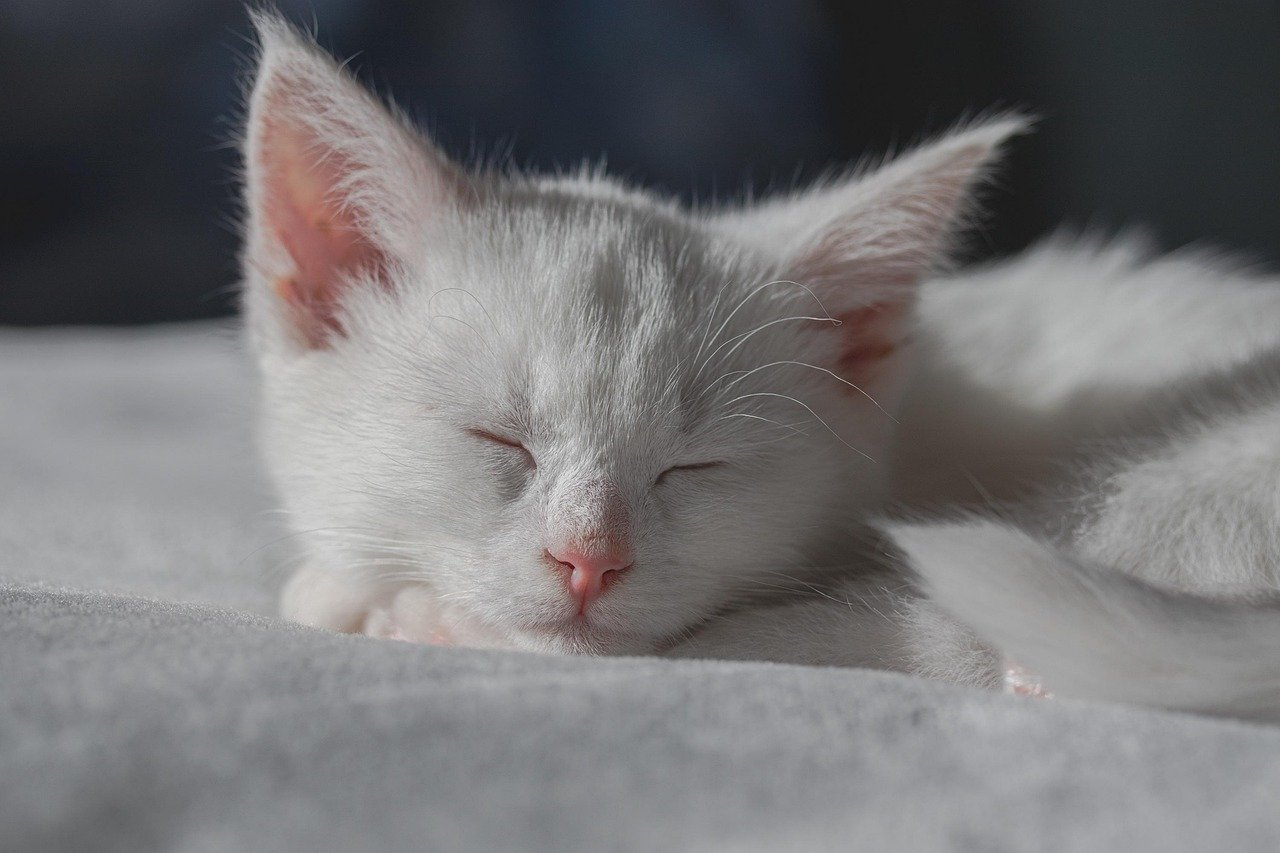
Sometimes the reason your cat sleeps further away is as simple as comfort. A sunny patch, a cozy blanket, or a quiet room might prove more inviting than your lap. Cats are experts at finding the most comfortable spots, and their choices can change with the seasons, time of day, or even the position of the sun. These environmental factors can draw your cat away, but it’s not a reflection of your bond.
Signs Your Cat Feels Safe in Your Home

Sleeping further away can be just one sign that your cat feels safe. Other behaviors to watch for include belly-up sleeping positions, relaxed body language, and playful behavior. A secure cat will explore the house, eat well, and interact positively with humans and other pets. If your cat is choosing to nap in odd or far-off places, it’s likely a sign that it feels confident and unthreatened.
How Cats Communicate Security Through Body Language
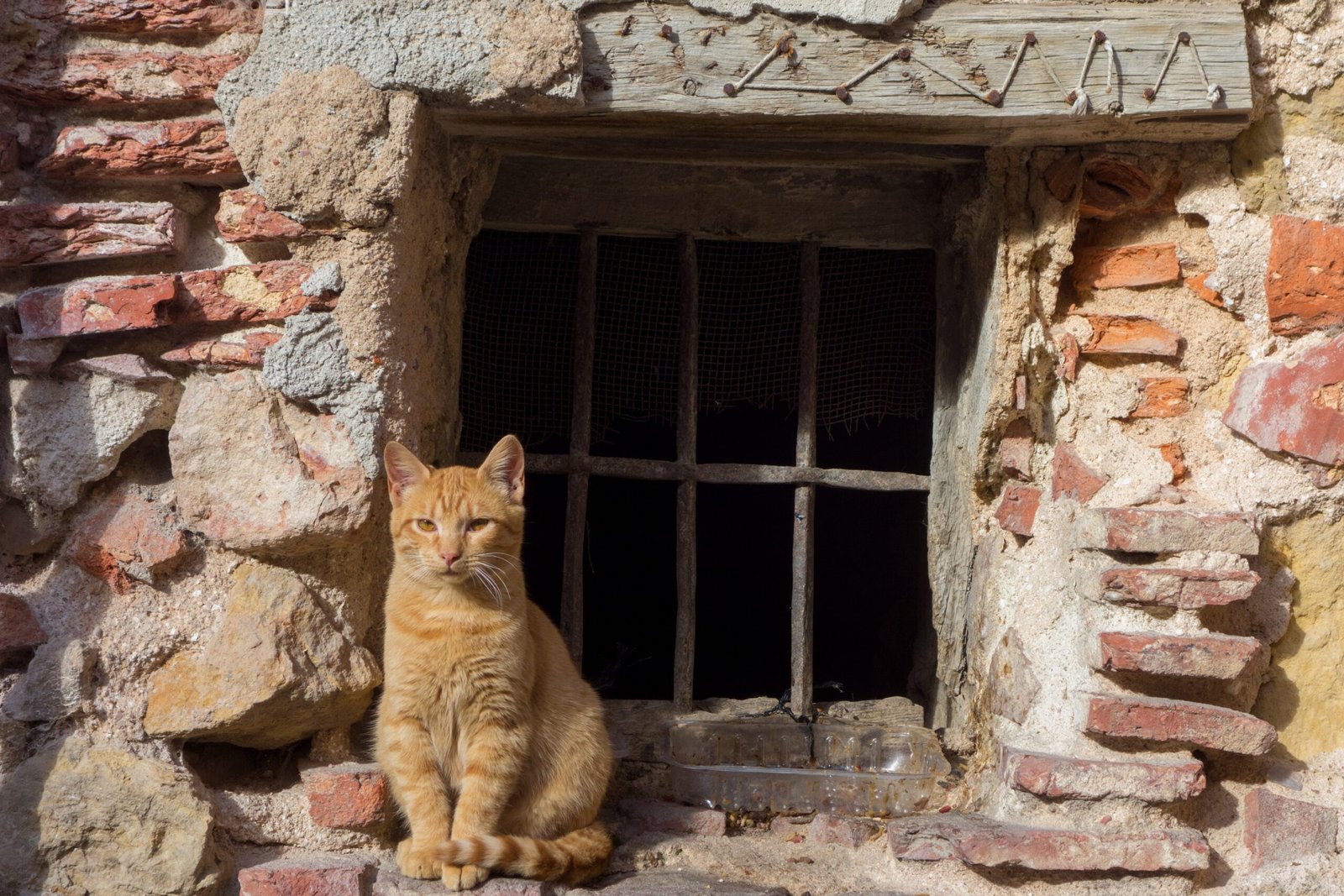
Cats use subtle body language to show how they feel. A cat that stretches out or curls up with its back to you is sending a message of trust. When your cat chooses to sleep in another room but is still relaxed, it’s signaling that it feels safe. Watch for slow blinking, purring, and loose, floppy bodies—these are all signs your cat is content, even if it’s not curled up next to you.
Socialization and the Confident Cat

Cats that are well socialized often show more independence. Early exposure to various people, pets, and environments can make a cat more adaptable and adventurous. Confident cats are less likely to feel the need to stick close for comfort. If your cat was raised in a loving, stimulating environment, its urge to sleep away from you may be even stronger as it feels secure and self-assured.
Comparing Cat and Dog Attachment Styles
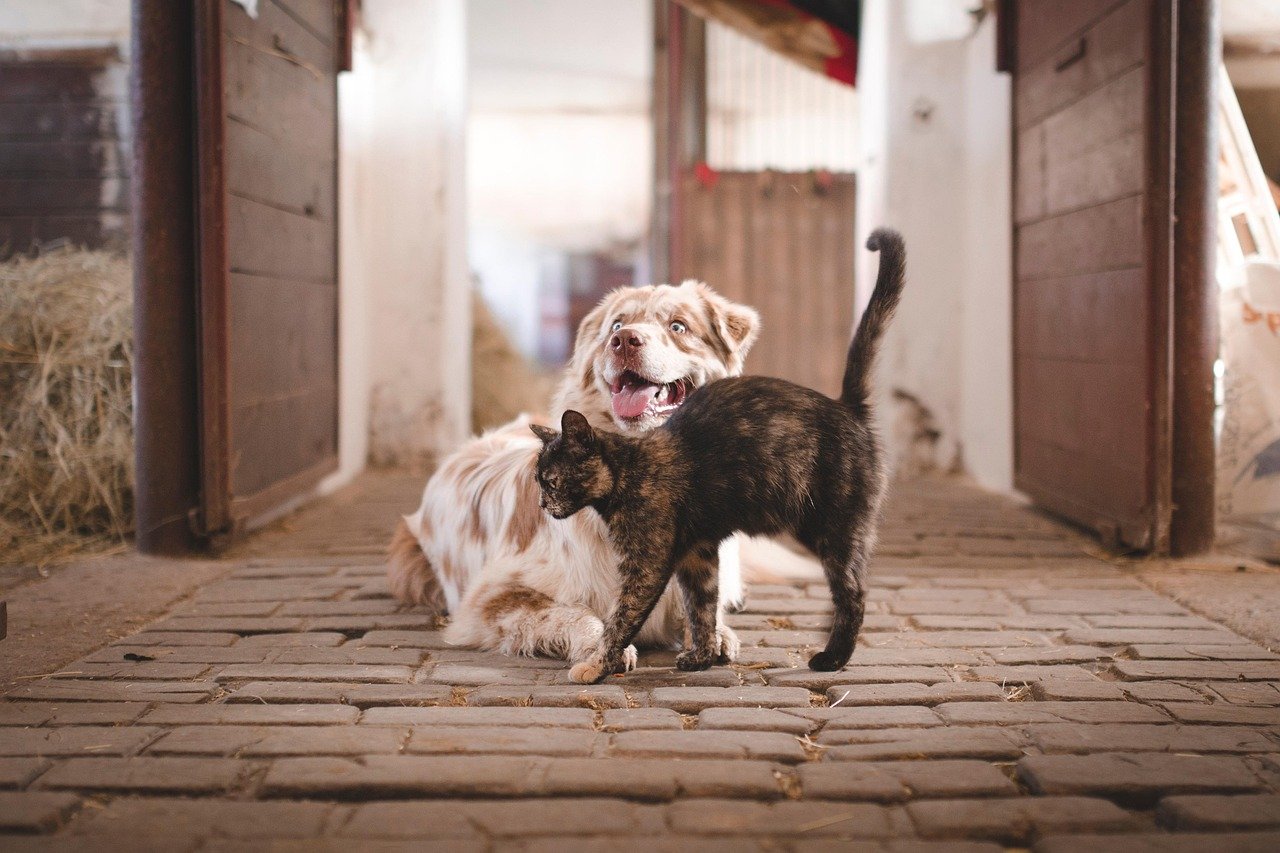
Unlike dogs, who often crave constant companionship and reassurance, cats display affection in subtler ways. While a dog may follow its owner from room to room, a secure cat might do the opposite. This difference doesn’t mean cats are aloof or less loving; rather, their emotional security allows them to enjoy solitude. Understanding this unique attachment style can help cat owners appreciate their independent behavior.
Why Some Cats Still Prefer Sleeping Close
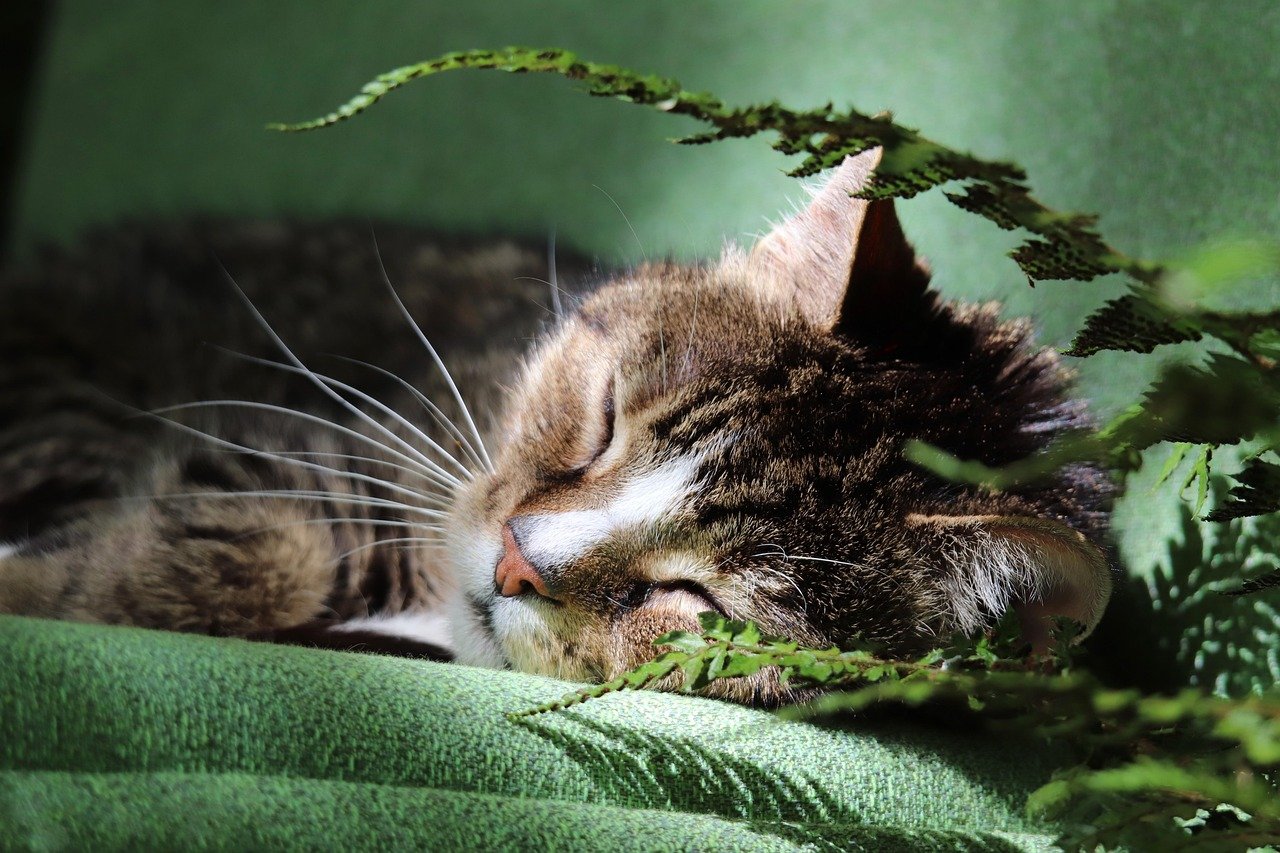
Not all cats will choose distance over closeness. Some breeds and personalities are more inclined to stick by their humans, regardless of how secure they feel. Factors like age, health, and individual temperament play a big role. If your cat prefers to sleep nearby, it’s just as valid a sign of contentment as sleeping far away. Each cat expresses security in its own unique way.
Anxiety and Clinginess: The Other Side of the Coin
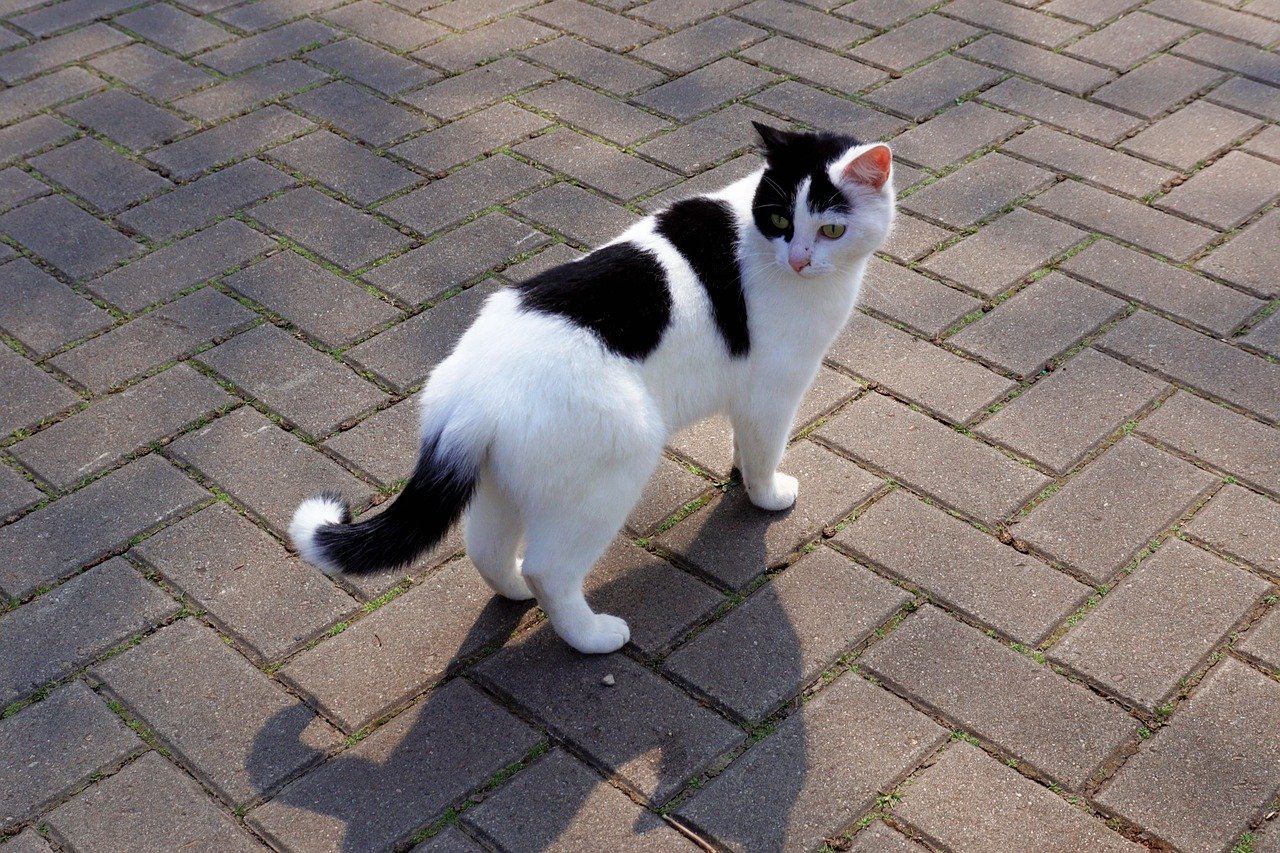
When cats feel anxious or insecure, they often seek out their owners for comfort. Clingy behavior, like following you everywhere or sleeping only in your bed, can be a sign of underlying stress. If your cat suddenly shifts from independence to clinginess, it might be reacting to changes in the home, unfamiliar visitors, or new pets. Paying attention to these shifts can help you address your cat’s emotional needs.
How Routine and Stability Foster Security

Cats thrive on routine. Predictable meal times, play sessions, and quiet evenings help them feel in control. When a cat’s world is stable, it will feel more secure and, in turn, might sleep farther away. Disruptions to routine, such as moving homes or changes in household members, can make cats seek out comfort from their humans until they feel settled again.
The Impact of Multi-Pet Households
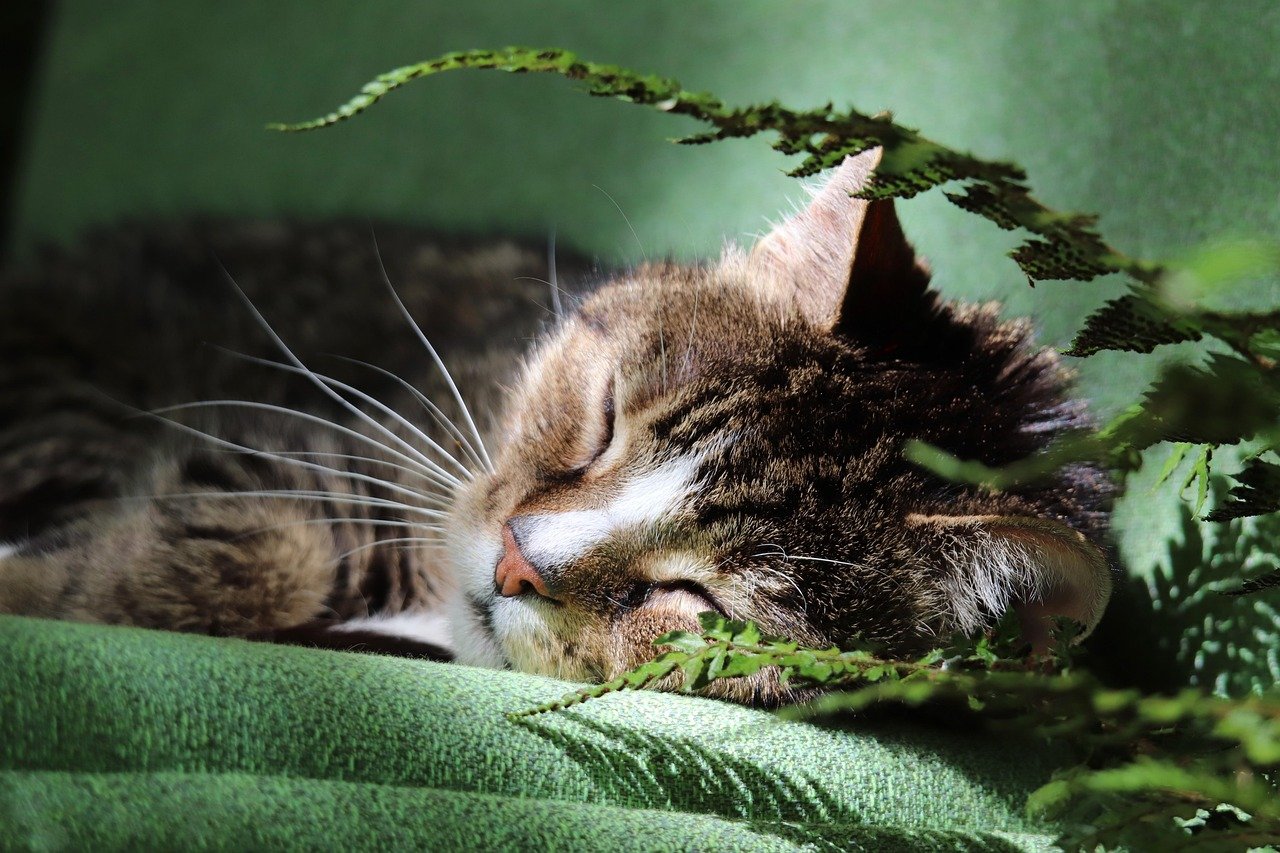
In homes with multiple pets, cats often negotiate their sleeping arrangements based on social hierarchies and personal comfort. A confident cat might sleep further away to avoid competition or simply because it feels comfortable claiming a space of its own. Alternatively, it might choose a location that allows it to keep an eye on the household without being in the thick of things.
Temperature and Seasonal Changes

Cats are sensitive to temperature and will often adjust their sleeping spots based on warmth or coolness. In winter, a cat might seek out your lap or sleep close to a heater. In warmer months, it could favor tile floors or distant windowsills. These seasonal changes are normal and reflect your cat’s natural instincts for comfort and self-care.
Favorite Hiding Spots: Safe Havens or Signs of Security?

Some cats love to sleep in hidden or high-up places, like closets, boxes, or the tops of bookshelves. While this can look like avoidance, it’s often a sign of feeling secure enough to relax out of sight. Cats view these spots as safe havens where they can nap undisturbed. If your cat chooses one of these locations, it’s likely because it feels confident in its environment.
How Feline Personalities Affect Sleeping Choices
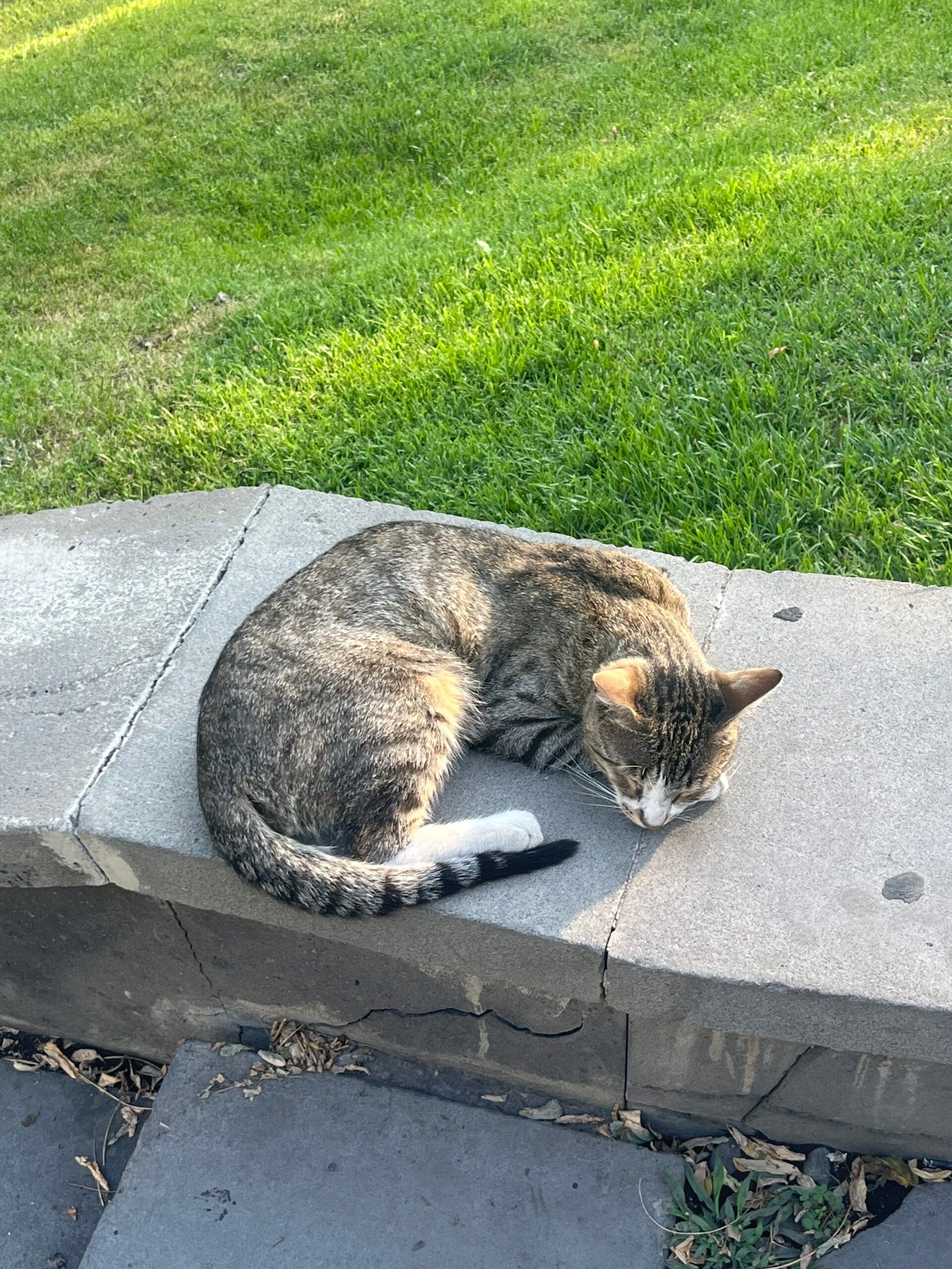
Every cat has its own personality, and this heavily influences where it chooses to sleep. Bold, adventurous cats might seek out new places regularly, while shy or cautious cats stick to familiar spots. Over time, as even timid cats grow more comfortable, they may begin to explore and nap in areas further from their humans. Understanding your cat’s personality can help you interpret its sleeping habits.
Health and Well-being: When to Worry

While sleeping further away is often a good sign, sudden changes in sleeping habits can sometimes indicate health issues. If your cat starts isolating itself more than usual or avoids interaction, it could be a sign of illness or discomfort. Watch for changes in appetite, grooming, or litter box use. If in doubt, a visit to the vet can provide peace of mind.
Encouraging Independence While Maintaining Bond

It’s natural to feel a pang of sadness when your cat seems to prefer sleeping far away. However, encouraging independence is healthy for both you and your feline friend. Continue to provide affection, playtime, and positive interactions. Offer cozy beds and safe spots throughout your home. This allows your cat to choose where it feels happiest, strengthening your bond in the process.
Celebrating the Unique Ways Cats Show Love

Cats express love and trust in countless subtle ways. Whether your cat is curled up at your feet or snoozing across the house, it’s showing you that it feels safe and at home. Celebrate these small signals—the slow blinks, the gentle headbutts, the playful sprints down the hallway. Embracing your cat’s quirks and understanding its sleeping habits can bring you even closer together.
The Joy of Letting Cats Be Themselves

There’s something truly magical about letting a cat be its independent, mysterious self. By respecting your cat’s need for space and understanding the reasons behind its sleeping choices, you’re honoring its individuality. Watching your cat explore new sleeping spots with confidence is a testament to the loving, secure environment you’ve created. Isn’t it inspiring to know your cat feels so safe in your care?
Hi, I’m Bola, a passionate writer and creative strategist with a knack for crafting compelling content that educates, inspires, and connects. Over the years, I’ve honed my skills across various writing fields, including content creation, copywriting, online course development, and video scriptwriting.
When I’m not at my desk, you’ll find me exploring new ideas, reading books, or brainstorming creative ways to solve challenges. I believe that words have the power to transform, and I’m here to help you leverage that power for success.
Thanks for stopping by, Keep coming to this website to checkout new articles form me. You’d always love it!






